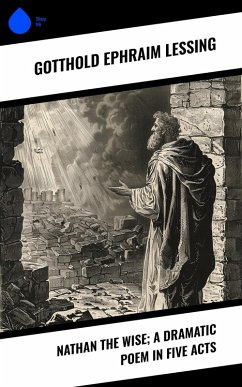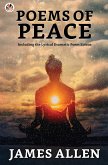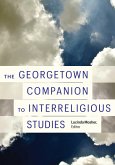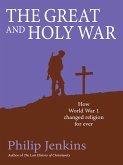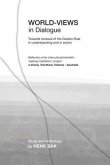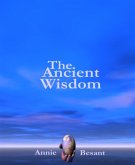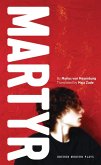In "Nathan the Wise," Gotthold Ephraim Lessing presents a profound dramatic poem that unfolds over five acts, exploring themes of religious tolerance, enlightenment, and the quest for truth. Set in 12th-century Jerusalem during the tumultuous Crusades, the narrative revolves around Nathan, a wealthy Jewish merchant, who engages in philosophical dialogues that challenge the dogmas of Christianity, Judaism, and Islam. Through eloquent verse and rich character development, Lessing employs a neo-classical style interwoven with elements of romanticism, employing wit and keen intellect to advocate for humanity's inherent capacity for empathy and understanding. Lessing, a pivotal figure of the German Enlightenment, was deeply influenced by the prevailing tensions in religious thought and the socio-political climate of his time. His own struggles with censorship and advocacy for free thought reflect his commitment to rational dialogue and the humanistic values championed in his work. Given his background and experiences, "Nathan the Wise" stands as a testament to his philosophy of coexistence amidst diversity. This timeless dramatic poem is a must-read for anyone grappling with issues of faith, morality, and human fellowship. Lessing's articulate discourse not only challenges conventional beliefs but also invites readers to reflect on the universal essence of humanity that transcends sectarian divides. Immerse yourself in this enlightening work to explore the profound potential for harmony in a divided world.
Dieser Download kann aus rechtlichen Gründen nur mit Rechnungsadresse in A, B, BG, CY, CZ, D, DK, EW, E, FIN, F, GR, HR, H, IRL, I, LT, L, LR, M, NL, PL, P, R, S, SLO, SK ausgeliefert werden.

